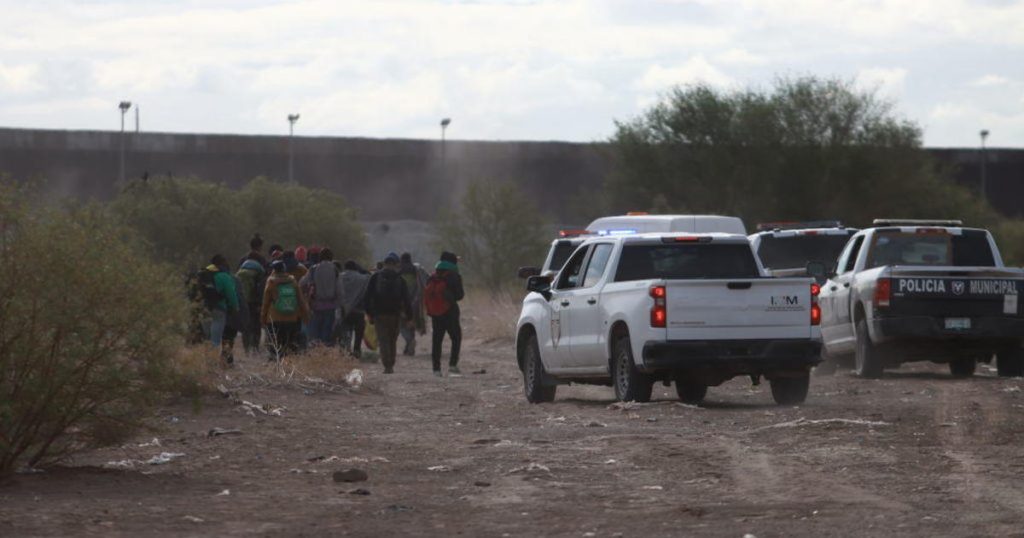In March, the number of migrants apprehended along the U.S.-Mexico border decreased for the first time in seven years, according to internal government statistics obtained by CBS News. Border Patrol agents apprehended over 137,000 migrants who crossed the U.S. southern border unlawfully, down from nearly 141,000 in February. This drop is mainly attributed to an immigration crackdown by the Mexican government, which has increased efforts to slow U.S.-bound migration, including deploying additional authorities to prevent migrants from traveling to the American border via freight trains or buses and deporting some migrants further south. American officials also credit increased deportations by the U.S. to the decline in migrant crossings.
The drop in illegal crossings in March was most pronounced among non-Mexican migrants, highlighting Mexico’s significant enforcement efforts to disrupt transportation networks moving people to the border. Beyond Mexico’s actions, American officials also believe increased deportations by the U.S. have played a role, with over 630,000 migrants, including families, deported or returned to Mexico or their home countries since May. While Texas Governor Greg Abbott has taken credit for illegal crossings concentrating in Arizona and California due to state efforts, U.S. Border Patrol chief Jason Owens notes that Mexico’s actions are also deterring migrants. The Biden administration remains committed to working with countries like Mexico to combat criminal groups smuggling migrants into the U.S.
Despite the short-term benefits of Mexico’s enforcement measures in reducing migrant crossings, analysts caution that relying on Mexican immigration enforcement may not be a long-term solution for the U.S. The Mexican government’s actions risk creating a bottleneck of migrants within Mexico, which could lead to renewed pressures on the U.S. border if Mexican enforcement efforts falter or change. President Biden has considered tightening asylum rules at the southern border, but administration officials emphasize the need for comprehensive immigration reform by Congress to address the overwhelmed immigration system. While there is no silver bullet available through executive action, continued cooperation with other countries, such as Mexico, will be necessary to address ongoing challenges at the U.S.-Mexico border.


